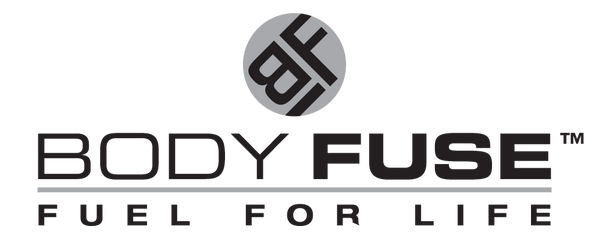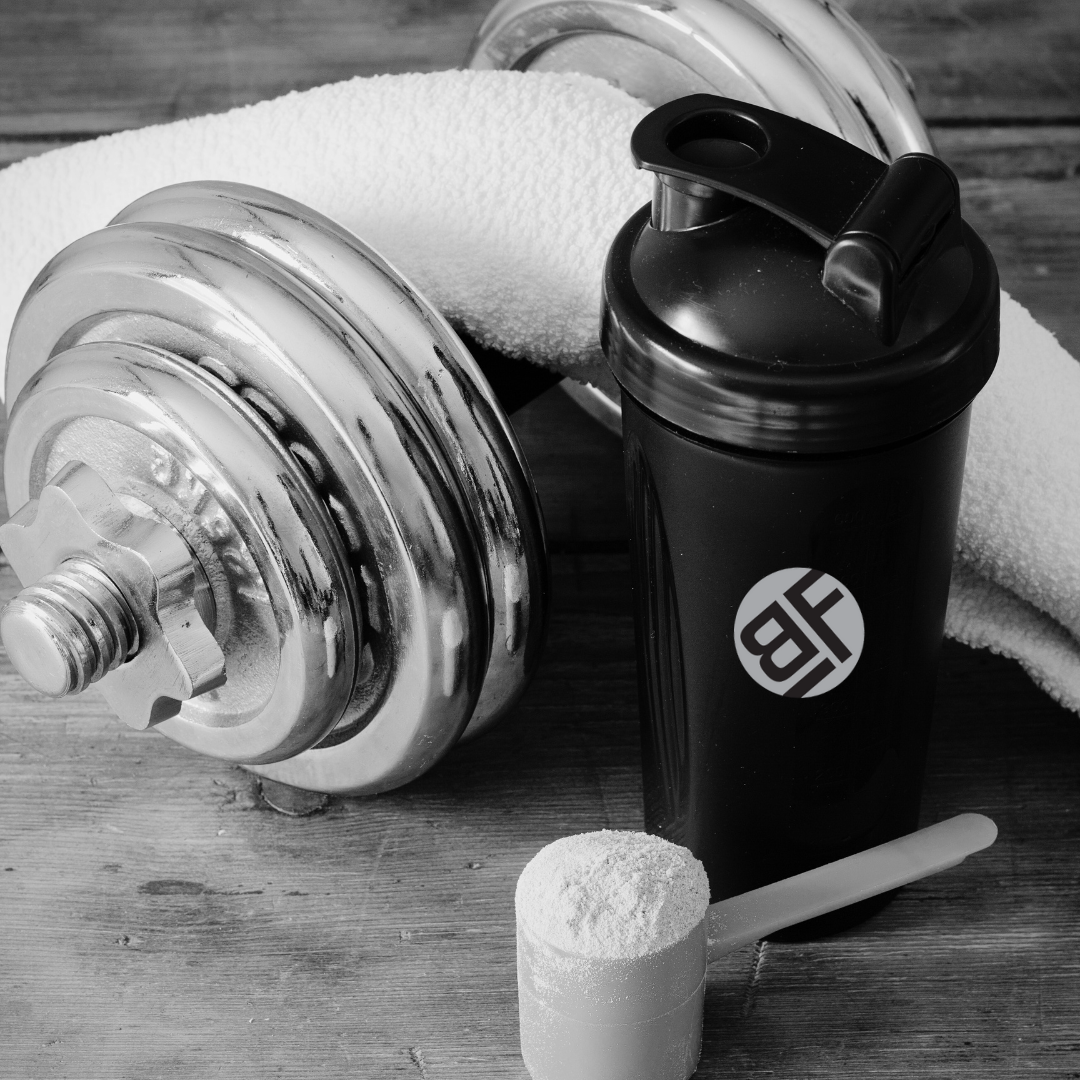Bioavailability means the degree to which your body digests, absorbs and uses food. Dietary protein is not only needed to build bigger muscles, it’s also necessary for vibrant-looking skin and lustrous hair. Most everyone should get 10% to 35% of their calories each day in the form of protein. You need more calories for activities like biking, lifting weights, or running, but the percentage of protein remains in the same range. After age 40, you can start to lose muscle mass, a condition known as sarcopenia, and you may need more protein. If you’re overweight, you’ll need to lower your calorie intake. A dietitian can help you figure out how much protein you should have.
Best Sources of Protein
Some protein-rich foods are easier to break down than others, which increases their bioavailability. Furthermore, some protein sources are complete and contain all the essential amino acids, whereas others are incomplete, which can prevent your body from building or repairing the structures it needs to.
Whole Eggs
Eggs are considered by nutritionists as the most bioavailable source of protein, which is why the biological value scale is based on egg protein. A food’s “biological value” is a measure of how efficiently a protein is metabolized, absorbed and used by your body. The biological value scale ranks eggs the top protein source and assigns them a value of 100; all other foods containing protein are ranked comparatively. In addition to containing all the essential amino acids, egg protein is quickly digested -- usually within two hours -- and is completely absorbed by your body. A regular-sized egg contains approximately 6.2 grams of protein, which is about 15 percent of your recommended daily amount. On the other hand, eggs are arguably the most allergy-causing of all proteins; they are also high in cholesterol and sulfur, which can lead to the production of intestinal gas, bloating and flatulence.
Whey
Whey is a naturally occurring protein found in milk and cheese. Whey protein has an extremely high biological value of about 95 because it is so quickly digested and absorbed. It's particularly high in branched chain amino acids such as leucine, isoleucine and valine, which are metabolized in your muscle tissue as opposed to your liver. In general, the higher the percentage of branched chain amino acids in a protein, the higher its bioavailability. Whey is commonly consumed as a supplement powder, which is made from the by-products of cheese manufacturing.
Spirulina
Spirulina is a type of blue-green algae very dense in protein and an excellent source of some vitamins and minerals. Spirulina is composed of about 70 percent complete protein in its natural state, which is higher than any other unprocessed food. The biological value of spirulina is about 92, in part because it doesn’t have cellulose in its cell walls, which allows your body to easily break it down. The main issues with spirulina are that it is relatively expensive, not very tasty and can accumulate toxins from polluted water.
Milk
In addition to whey, milk also contains casein protein. Both types are easily digested and absorbed, which is why milk has a biological value of up to 90. Furthermore, an 8-ounce glass of regular milk contains almost 9 grams of complete protein. The main issue with cow’s milk is that tens of millions of Americans are lactose intolerant or allergic to it. Milk is one of the leading causes of food allergies, manifesting as diarrhea, fatigue, hives, congestion and breathing problems. Milk is also a significant source of saturated fat, and hormone residues have been found in some batches.
Poultry
Of all the different types of edible flesh, poultry such as chicken and turkey are the most bioavailable sources of protein. Poultry has a biological value of between 80 and 82, which is a little higher than pork and significantly higher than fish and beef. Chicken is an excellent source of complete protein, with about 54 grams in a 6-ounce serving, but it’s not as easily digested as other sources. Furthermore, chicken contains saturated fat and is sometimes contaminated with antibiotics. Buying organic free-range chicken ensures the best quality.
No matter what source your protein comes from, your body needs protein to stay healthy and work the way it should. More than 10,000 types are found in everything from your organs to your muscles and tissues to your bones, skin, and hair. Protein is also a critical part of the processes that fuel your energy and carry oxygen throughout your body in your blood. It also helps make antibodies that fight off infections and illnesses and helps keep cells healthy and create new ones.

Body Fuse Lean Protein contains multiple sources of high quality protein; whey, and egg protein. Each serving is packed with 30 g of highly bioavailable protein with a delicious flavor profile and low sugar.



